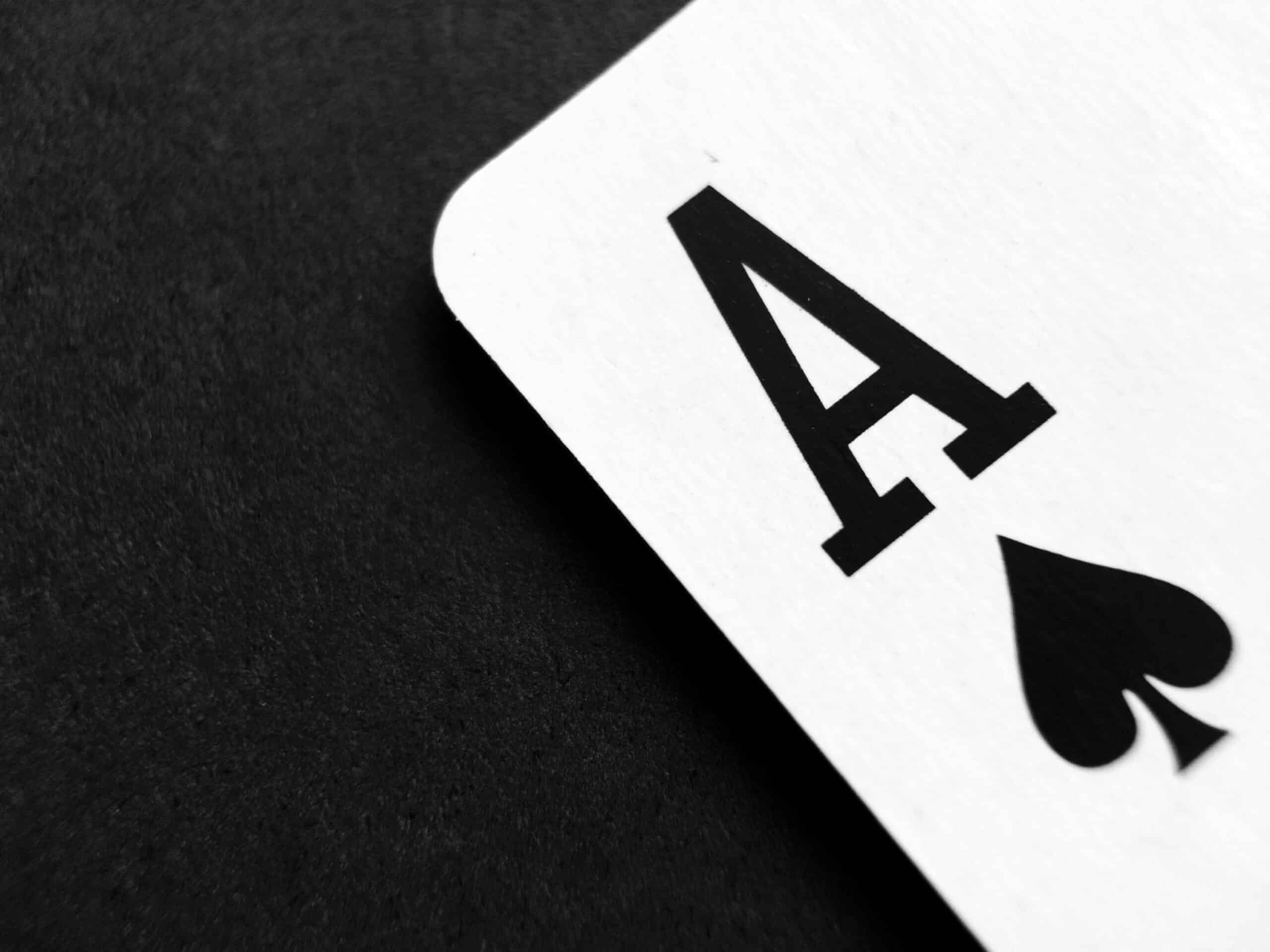In people’s minds, there is a fine line when it comes to DUI checkpoints. On one hand, they see them as an efficient way to identify drunk drivers, thus preventing countless accidents and unnecessary injuries and deaths. On the other hand, there is the matter of privacy and civil liberties that aren’t to be taken lightly either.
If you’ve been charged with a DUI after being stopped at a DUI checkpoint, you should talk to a DUI lawyer in Miami about your case as soon as possible. Having a DUI on your record can have serious consequences in your life now and in the future — something you want to avoid at all costs. Let’s see what your rights are under these circumstances.
What Is a DUI Checkpoint?
As you are driving around, you might have discovered that there are certain spots that law enforcement officials have chosen as designated sobriety checkpoints. In all cases, these checkpoints must be in a place where both the officers and all passing drivers will be safe. Additionally, they must post warning signs at prudent distances to let oncoming drivers know that they are about to reach a checkpoint. As you approach the area, you must see that all officers involved in the procedure are dressed in uniform and their vehicles are nearby.
What Happens at the Checkpoint?
Police officers know first-hand the danger that drunk drivers represent while they are behind the wheel of a vehicle. These drivers are likely to cause serious accidents, resulting in injury or death to others. That’s why the aim of these checkpoints is to find these dangerous drivers before they cause an accident.
However, police officers must be careful and have a system in place before they start asking people to pull over. They have to do it fairly so that they will not be accused of profiling or discriminating against certain drivers.
Once you have been asked to stop, you may be asked to take a sobriety test or a preliminary breath test. If you agree to take the tests and fail, the results will be used against you as evidence when you are charged. The test will also act as probable cause for your arrest.
After being arrested, you will have to take a breath alcohol test or a blood test to uncover your BAC. The arresting officers might also believe that you are driving under the influence of drugs in which case you would have to have a blood test.
At all times, checkpoints must be well organized and operating legally.
What Should You Do When You Reach a Checkpoint?
If you reach a checkpoint and are asked to pull over, you should comply with the instructions. Trying to avoid stopping and continuing to drive may result in your arrest a little further down the road. You have the right to refuse to take the test be it a field sobriety test or a preliminary alcohol screening breath test.
If you do, police officers might still arrest you if they are convinced that you are intoxicated. Refusing to take the test may cause you to lose your driver’s license. If you don’t want to go through the checkpoint and are able to make a legal U-turn before you reach it, you may do so — but avoid breaking the law. If you are arrested at the checkpoint and issued a DUI, call an attorney as soon as you can.
Copyright © 2023 California Business Journal. All Rights Reserved.
Related Posts




